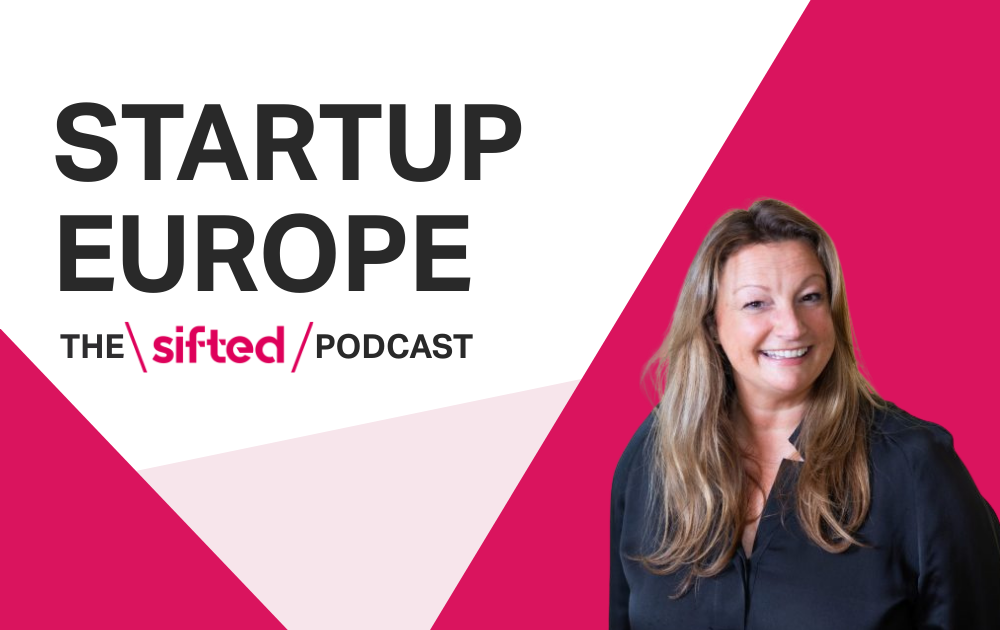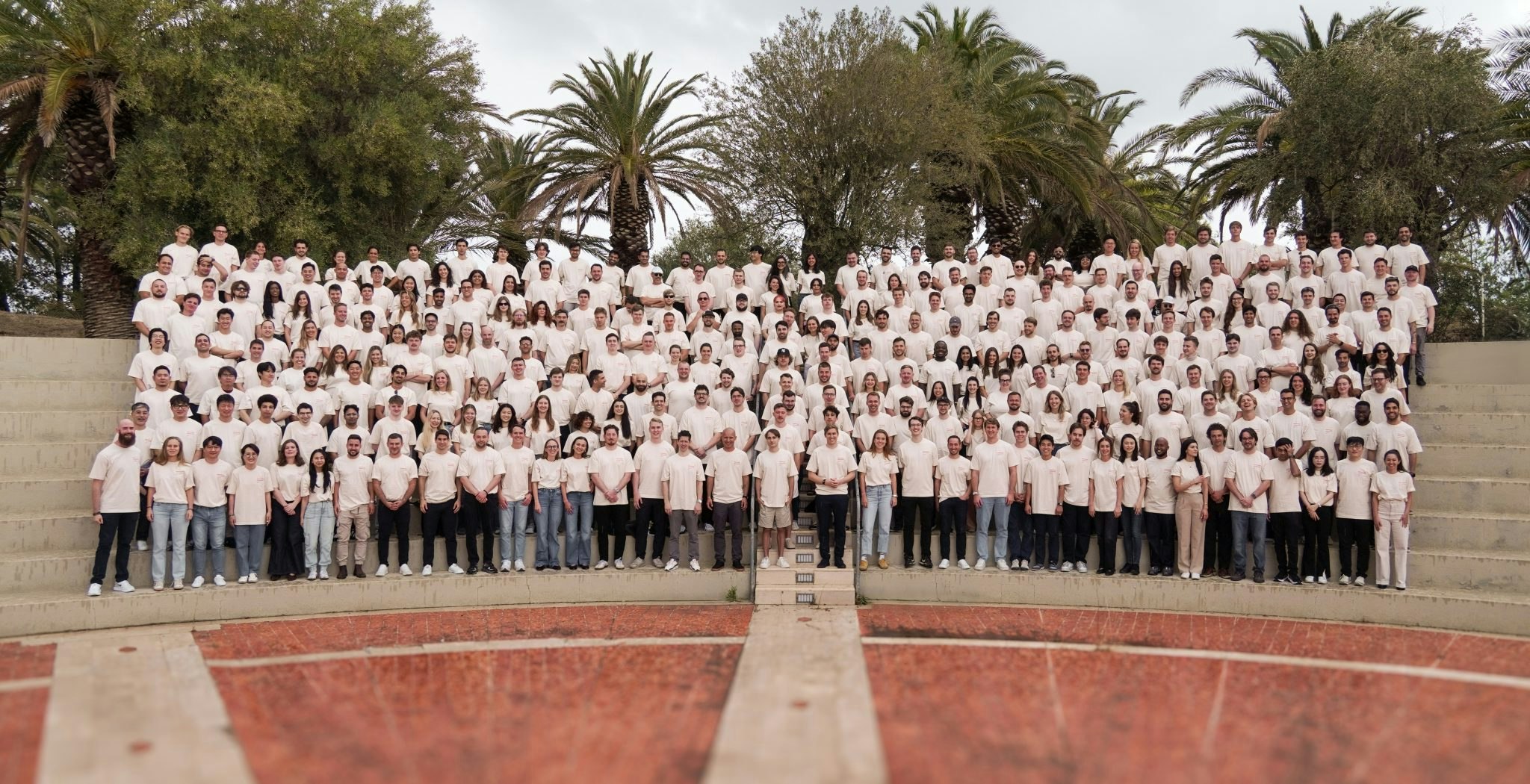When SoftBank-backed construction startup Katerra shut down in June, it was one of the most well-funded US startups ever to fold. And it hadn’t even come close to its goal of disrupting the construction industry with mass manufacturing despite burning more than $2bn in investor cash.
But one startup’s failure is another startup’s gold.
UK construction tech (contech) Modulous’s cofounder Chris Bone had his eye on talent at Katerra even before the company went bankrupt. When he got the news it was closing for good, he pounced. The company is now launching in the US with four alums from Katerra and a Seattle office.
Bone tells Sifted that Katerra's demise helped them launch in the US “probably six months quicker than we were going to”.
“We honestly feel that the US market will be bigger than the UK business very, very quickly.”
Janet Stephenson, who joined Katerra in 2017 to lead US sales and will oversee Modulous’s US team, says that Bone asked her to draw up a list of Katerra “rockstars” that she wanted to bring on board. That list included Jennifer Caldwell, Kassandra Mast and Eva Talbot, who are also Modulous US’s first employees.
We honestly feel that the US market will be bigger than the UK business very, very quickly.
After Katerra, Stephenson says that she “wasn’t necessarily ready to leap into an early-stage startup, but it became a very easy decision” given Modulous’s team and their business model. The fact that she and Bone bonded over a photo of a statue on her LinkedIn also helped.
Modulous’s US launch comes as European startups are looking for creative ways to expand into new geographies. That’s driven a rise in acquisitions of VC-backed startups by other VC-backed startups. That strategy is harder for earlier-stage companies like Modulous. Founders and operators also say competition for talent is getting fiercer given the record amounts of VC cash floating around.
Modulous has developed design software and proprietary, standardised building sections that fit together to speed up and cut the costs of home development. Modulous raised a £5m seed round in June this year from CEMEX Ventures, Blackhorn Ventures and Groundbreak Ventures.
European construction tech
Modulous is aiming to “digitise the end-to-end delivery of homes” by combining software, physical components and a network of suppliers. The software designs and provides cost calculations that are informed by a “kit of parts”, or certain components that can be quickly assembled and used for new housing without a factory. The software can also calculate logistics to make sure that all the parts come together in the right order at the right time.
Katerra’s approach used some modular elements too but the company also owned and operated factories. In contrast, Modulous outsources assembly and installation and uses third parties to source materials, so is less capital intensive.
“You've got much more affinity with modern methods of construction in certain parts of the US, and definitely in California. And you've got a bank of talent that can help you build that business. It was very much on our roadmap for those reasons,” says Mel Ragnauth, chief strategy officer at Modulous.
There are also a few contech companies in Europe using data analytics similar to Modulous. Those include Entrepreneur First alum nPlan that raised nearly $20 from GV earlier this year. Spacemaker, a Norwegian startup developing AI-driven contech software, was acquired by Autodesk for $240m last year.



